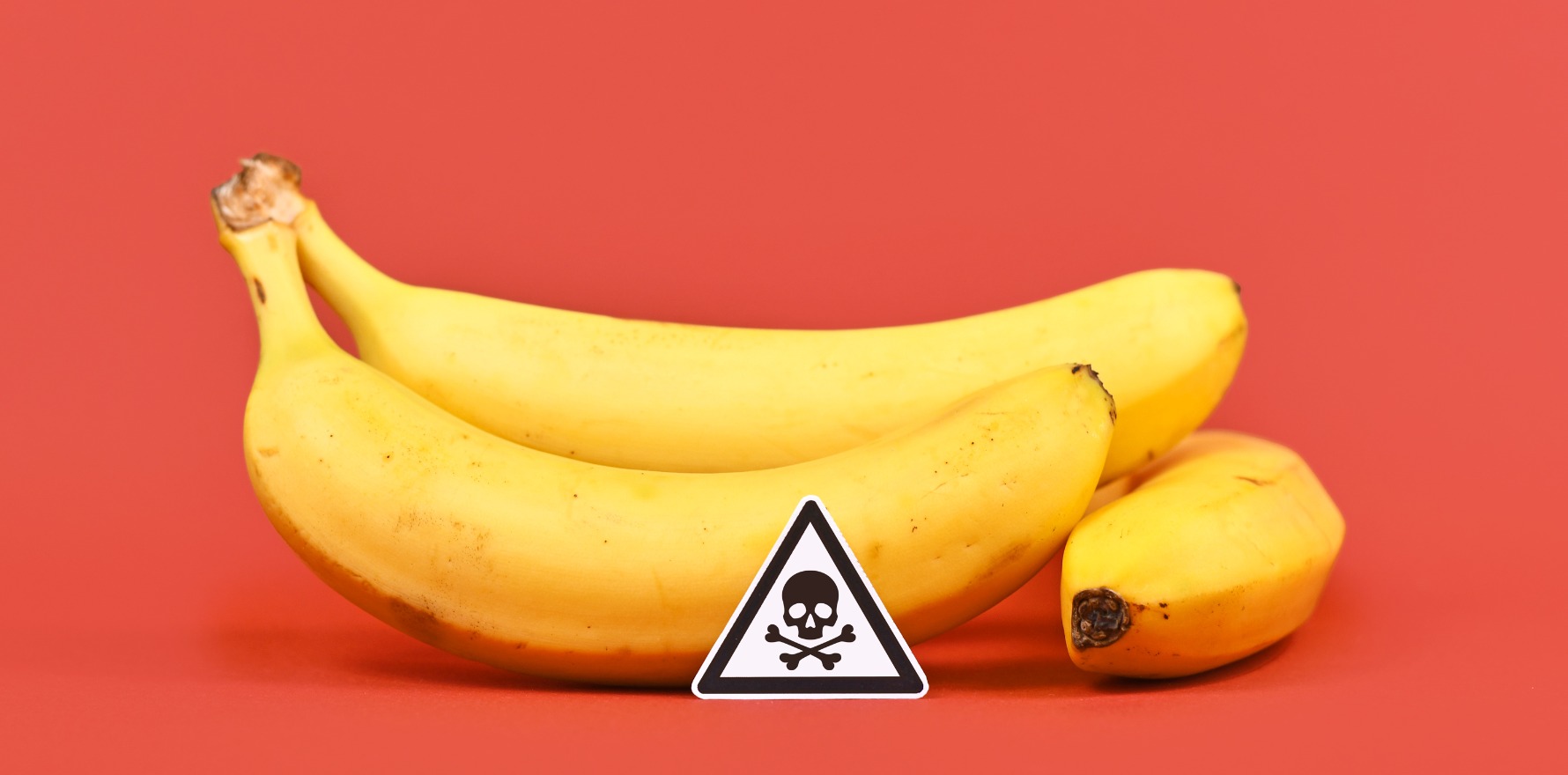Allergies to birch, latex and melons may predispose some people to banana anaphylaxis, research suggests.
Bananas aren’t common allergens, but in people with sensitivity to birch pollen, latex or foods in the gourd family, the bendy fruit can occasionally trigger anaphylaxis.
Three severe pollen-food allergic reactions to banana have been described in a poster presentation at the Australasian Society of Clinical Immunology and Allergy (ASCIA) conference in Sydney this month.
Researchers said the patients presented to Royal Prince Alfred Hospital in Sydney with severe reactions to uncooked banana, with symptoms including oral and throat pruritis, nausea, wheeze, stridor, hives, dysphagia and presyncope.
According to the research led by Dr Carolyn Wijaya from Sydney’s Royal Prince Alfred Hospital and the University of Sydney, all three patients had histories of oral allergy syndrome, and all were male and middle-aged. Two were born overseas. The researchers also said two of the patients had previous sensitivity to birch pollen.
“Banana is a less commonly cited cause of severe pollen-food allergy syndrome with systemic involvement,” the researchers said.
“Peanuts, tree nuts, peaches and mustard are associated with more systemic reactions than other foods.”
The researchers said banana allergy was associated with tree pollen allergy – often birch – as well as latex allergy and ragweed-melon-banana syndrome, in which patients with an allergy to ragweed also have food allergies to members of the gourd family (such as melon, watermelon, zucchini and cucumber) and banana.
They said profilins in foods were sensitive to heat and digestion, so patients could often eat the allergen if it was cooked.
In fact, two of the patients had skin prick tests which were positive to raw banana but negative to cooked banana.
“Not all anaphylaxis presentations should mandate complete avoidance of the food trigger; a thorough review should include differentials such as pollinosis and pollen-food allergy syndrome with appropriate investigations,” the researchers said.
“Our patients who presented with severe allergy symptoms to raw banana have had their diets liberalised and are now able to ingest thoroughly cooked banana in various forms.”
The researchers said around 2-10% of people with pollen-food allergy syndrome had systemic reactions to triggers such as peanuts, tree nuts, peaches and mustard, but bananas did not commonly cause systemic reactions.
Avoiding the food trigger was common for patients with pollen-food allergy syndrome, and antihistamines could help reduce symptoms, they said.
“A subset of patients may have improvement following allergen immunotherapy to pollen, but results have been mixed.
“Adrenaline autoinjector can be prescribed to patients on the basis of previous systemic reactions, significant throat symptoms or reactions to cooked foods.”
Two thirds of the patients in the study were prescribed an EpiPen, they said.
The researchers said oral food challenges with cross-reactive foods and the cooked form of the “culprit food” could be considered for patients who have had a systemic reaction.
“Prick-to-prick testing with all components of the fruit may also be helpful, as the peel or seed of the fruit may be a source of allergen.
“Component-resolved diagnostic testing could also help to determine if patients are sensitised to labile or stable food proteins. However, these tests are not currently readily available in Australia.”


